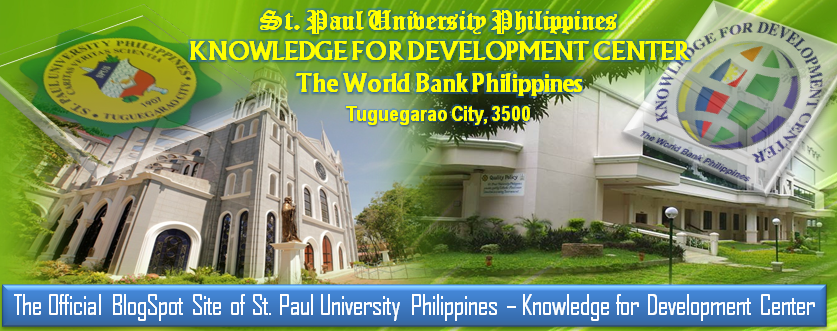During a policy dialogue called “Good Governance Is Everybody’s Business” DILG Secretary Jesse Robredo told an audience of local chief executives, civil society organizations, academe, and external development partners: “Our programs to strengthen governance like the Performance Challenge Fund (PCF) will work better if it is driven by the citizenry. Effectively we are opening doors to them because this administration’s drive to improve governance will work best if owned and supported by its constituents.”
The dialogue was co-sponsored by the DILG, World Bank, the Australian Agency for International Development, CODE-NGO, Task Force-Participatory Local Governance, and the Transparency and Accountability Network.
DILG officials have been going around the country on a road show called “Byaheng Pinoy” to encourage more LGUs to participate in the performance incentive program. Thirty LGUs received cash incentives for meeting the requirements in 2010.
World Bank Country Director Bert Hofman noted that civil society organizations, especially in the Philippines, would be effective partners in spreading good governance practices.
“Local government and civil society engagement is an area where the Philippines is ahead of most countries. Now the engagement is changing. The government is now telling civil society organizations,‘You are welcome to come into the kitchen,’ so to speak, and help us with spreading good governance. And that is very encouraging,” he said.
Mr. Hofman pointed out that this is a very good time to invest in good governance and help strengthen capacities of organizations working on transparency, accountability, and service delivery because the flavors of engagement are changing.
Engagements can take different forms. Civil society could create partnerships with LGUs for programs to qualify them for the seal of good housekeeping, monitor LGU compliance independent of government, or inform citizens of LGU performance.
Bentham dela Cruz, Mayor of Amlan in Negros Oriental, recently obtained the DILG’s seal of good housekeeping without even knowing about the PCF.
He explained that his strategy was merely to be transparent in governance, use resources efficiently, and abide by the rules of audit. “When I started (in 2005), our adverse findings were recorded in documents that were so thick. I did not stop until the adverse findings were about one page long,” he said. Thanks to the PCF, he now has funding for the technical-vocational-agricultural school that his Local School Board (LSB) identified as a crucial need in his town.
Mr. dela Cruz said he welcomed the participation of civil society in local governance because often, he’s faced with indifference to development changes at the local level. “It’s a reality and a challenge. You have to live with people’s indifference unless you give them an incentive,” Mr. dela Cruz said.
Mayor Enriquieta D. Bomediano of Tampilisan, Zamboanga del Norte, admitted to being initially overwhelmed by the requirements of the PCF, being a first-time mayor. She studied the town’s tax code for a year, consulted with barangays, municipal engineers, ABC Presidents, accountants, and anyone who could help her have high marks in the DILG’s performance monitoring scorecard. “I was really challenged and I learned that you only need openness to qualify for the PCF,” said Ms. Bomediano.
Gerry Bulatao, Executive Director of the Consortium for the Advancement of Peoples Participation through Sustainable Integrated Area Development (CAPP-SIAD), said the DILG’s PCF is a program that civil society is willing to pursue.
“In civil society, there is now a new mood in place. We are disappointed in some places, but we love the direction and we feel that we can navigate around the problems. With the PCF, the DILG has opened the door for many new possibilities,” Mr. Bulatao said. He said this is the time for NGOs to pursue their dreams of changing the country through participatory processes.
Sam Chittick, Governance Advisor of AusAID in his closing remarks emphasized the important role that the Performance Challenge Fund can play in promoting information disclosure by LGUs. He said,"this information provides critical inputs for civil society and all citizens to improve local planning and budgeting, which in turn should lead to better development outcomes for all Filipinos." ACK: worldbank.org
